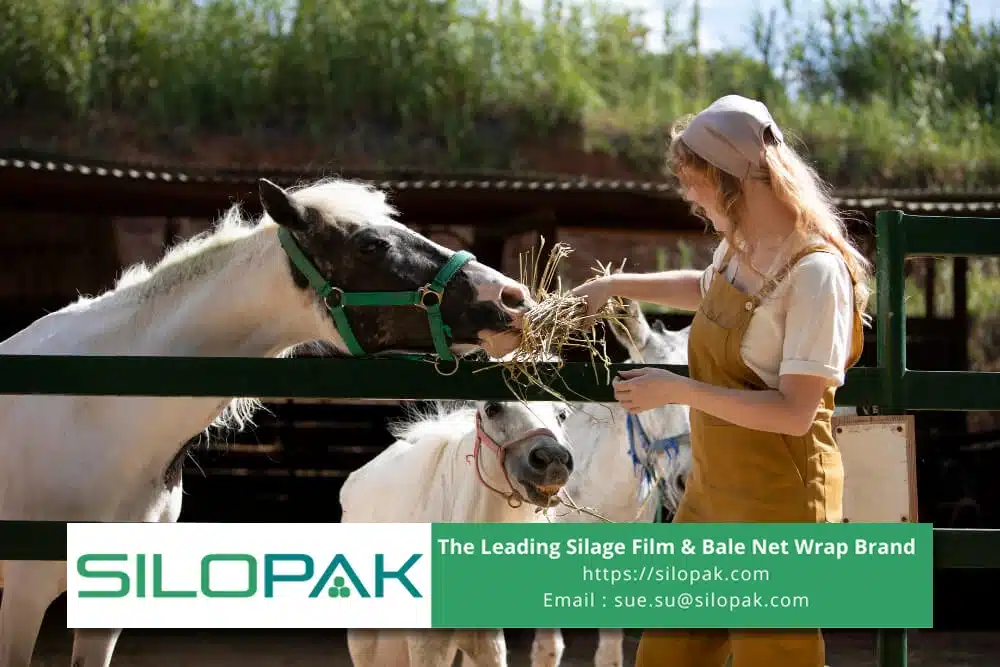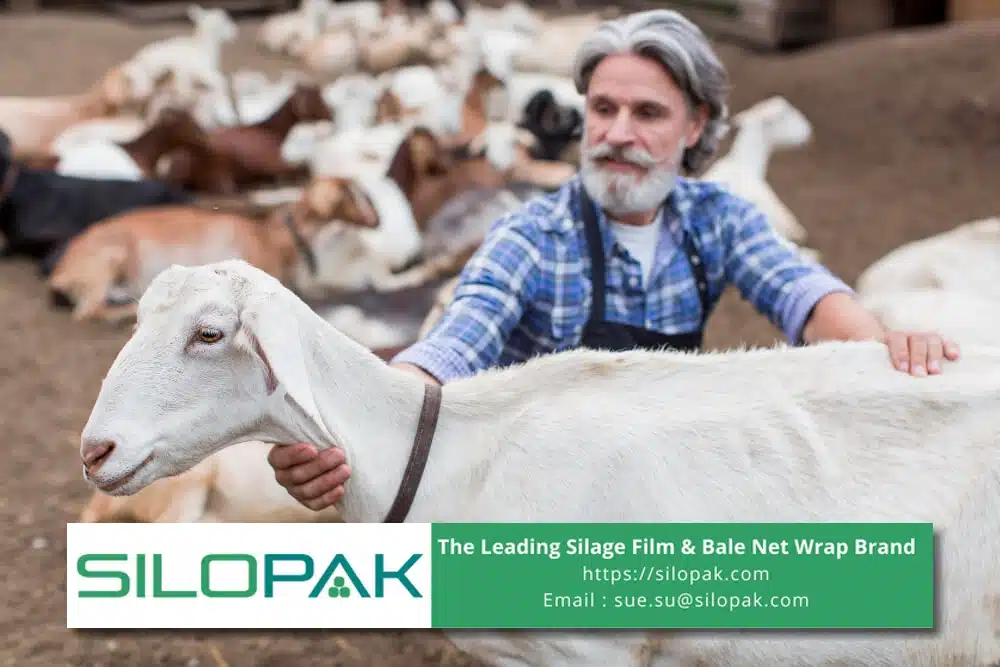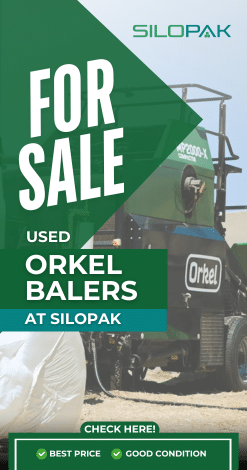
Livestock breeders play a crucial role in providing humans with a source of animal protein and its derivative products. They are the people who care for and breed farm animals such as cows, goats, sheep, chickens, and pigs. In many ways, they are the unsung heroes behind the lives of farm animals and the products they provide.
contents
Duties and Responsibilities of Livestock Breeders
Livestock breeders hold significant responsibilities in ensuring the well-being of farm animals and the production of animal-derived products. Their work demands dedication, hard work, and extensive knowledge of farm animals. Here are some of their main duties and responsibilities:
Providing Feed and Water
Breeders ensure that their farm animals receive sufficient quality food and drinking water to meet their nutritional needs.
Maintaining Health
Breeders regularly monitor the health of their animals. This includes administering vaccinations and necessary medicines to prevent and treat diseases.
Ensuring Cleanliness
Breeders maintain cleanliness in animal enclosures and the surrounding environment. This helps prevent the spread of disease and ensures animal welfare.
Processing Products
Certain breeders, such as dairy farmers, are responsible for milking and processing milk into products such as cheese, milk, and yogurt.
Breeding
Breeders may also be involved in breeding farm animals to produce offspring with superior traits, whether for meat, milk, or other purposes.
Types of Livestock Breeders

In the field of animal husbandry, different types of livestock breeders focus on specific farm animals. Here are some of the most common ones:
Cattle Breeders (Dairy and Beef Breeders)
Dairy farmers focus on raising cows for milk production, ensuring proper nutrition for optimal milk yield. Beef cattle breeders, on the other hand, focus on raising cattle for meat and leather. They usually raise beef cattle to a certain weight before processing them by followingg the beef cattle feeding plans.
Goat and Sheep Breeders
These breeders raise goats and sheep for meat, milk, and wool. Popular breeds include Etawa goats, Merino goats, Merino sheep, and Suffolk sheep.
Chicken Breeders
Chicken breeders are divided into several specializations:
- Layer Chicken Breeders: Focus on raising chickens for egg production.
- Broiler Breeders: Focus on raising chickens for meat. Broilers are usually raised for a short period until they reach a certain weight.
- Free-range Chicken Breeders: Focus on raising native chickens, often farmed semi-intensively or extensively.
Pig and Rabbit Breeders
Pig breeders raise pigs for meat, with common breeds including Landrace and Yorkshire pigs. Rabbit breeders raise rabbits for both meat and fur.
Aquaculturists
Fish breeders, or aquaculturists, cultivate fish in ponds or tanks. They raise various types of consumer fish such as catfish, carp, and tilapia. Some also breed ornamental fish for display and sale.
Beekeepers (Apiculturists)
Beekeepers focus on raising honeybees for honey production. They create artificial hives and harvest honey periodically.
Breeding Specialists
In addition to specialization based on livestock type, some breeders focus solely on breeding activities. These specialists focus on genetic breeding to produce offspring with superior traits, such as cows that produce more milk or are more resistant to disease.
Livestock Breeders’ Challenges
While livestock breeders play an essential role in providing animal protein, they also face various challenges in running their businesses. Here are some common challenges:
Animal Diseases
Breeders must always be vigilant against animal diseases that can affect their livestock and cause economic losses.
Price Fluctuations
The prices of livestock products can fluctuate, so breeders must be skilled in financial management to remain profitable.
Competition
Breeders must compete with other farmers to secure markets for their products.
Climate Change
Climate change can impact livestock production and access to water and feed.
The Future of Livestock Farming
Livestock farming is constantly evolving and adapting to changing times. New technologies and sustainable practices are being developed to improve the efficiency, animal welfare, and sustainability of livestock farming. To continue innovating, breeders must be ready to adapt to these changes.
One way is by utilizing Silopak products, such as silage film, round bale film, and bale net wrap. These are popular agricultural products for producing quality feed. We are a leading manufacturer focused on preserving the nutritional value of silage, mixed feeds, hay, and corn.

